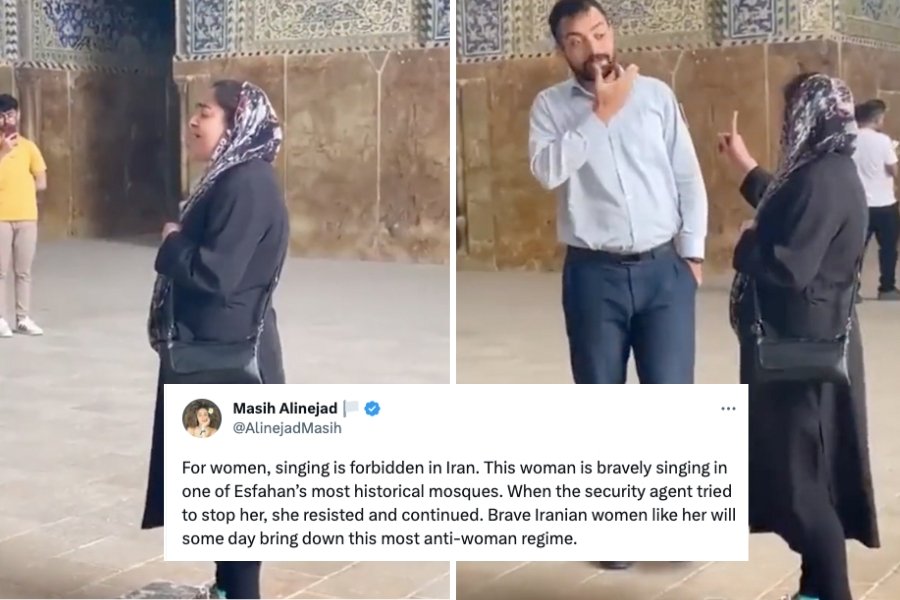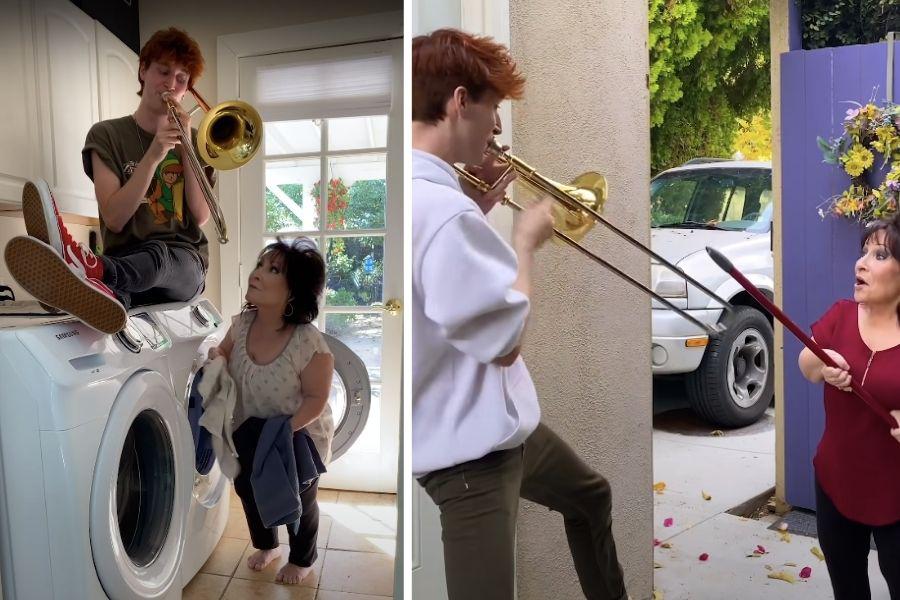Just before the historic 1848 Woman’s Rights Convention in Seneca Falls, New York, a woman on the other side of the globe was making her own call for women’s rights. Tahirih, a Persian theologian, poet and social activist, walked into a gathering of men without wearing her veil. While a veilless woman hardly seems notable to Western sensibilities, in 19th-century Persia—what is now Iran—it was an unspeakable act of heresy.
Baring her full face, Tahirih boldly proclaimed that the day of the equality of men and women had arrived. Gender equality was a core tenet of the Babí faith she had embraced, and she would be executed for it just four years later—choked to death with her own scarf, her body unceremoniously tossed into a well.
But her reported final words echo to the present day: “You can kill me as soon as you like, but you will never stop the emancipation of women.”
Nearly two centuries later, the women of Iran are still fighting for their emancipation from oppressive laws. We’ve seen waves of protests in the streets since the death of Mahsa Amini in September 2022, with women demanding the right to choose whether or not to wear the hijab, the Islamic head covering, without fearing for their lives.
The current Islamist regime enacted the hijab law in 1983, the same year the Iranian government publicly hanged 10 Bahá’í women—most of whom were in their 20s, one only 17—for refusing to recant their faith. Those executions, conducted one by one so the women were forced to watch each other die, showed the lengths the regime would go to in their extremism, drew condemnation from around the world and further demonstrated the courage and fortitude of Iranian women who refuse to bend to injustice.
Acts of civil disobedience are dangerous for women in Iran to this day, but that hasn’t stopped them from happening. In a video shared by Iranian-American journalist Masih Alinejad on Twitter, we see a woman standing in what Alinejad shared is in one of Esfahan’s historic mosques. All the woman is doing is singing, but that alone is a crime in Iran, where the government has forbidden women from singing in public.
This woman insists that her beautiful voice be heard, however. Even when a man approaches to stop her, she doesn’t skip a beat. Rather, she continues her chanting while holding up her finger as if to say, “Nope. You will wait until I’m finished.” Incredibly, he immediately backs off in the face of her calm confidence and courage.
Watch and listen:
In a country where women have been killed for daring to question authority and challenge the status quo, such an act of defiance is all the more impressive. According to ClassicFM, the woman was singing a poem from the Sufi tradition, a mystical form of Islam that gave us the widely beloved poetry of Rumi and Hafiz.
People in the comments responded with awe at the woman’s voice and the way she commanded respect with her very presence.
Iranian women have a long history of using their voices—and their actions—to proclaim their inherent right to freedom. And until their basic human rights are secured for good, the rest of the world will continue to stand with them in support and solidarity.





























